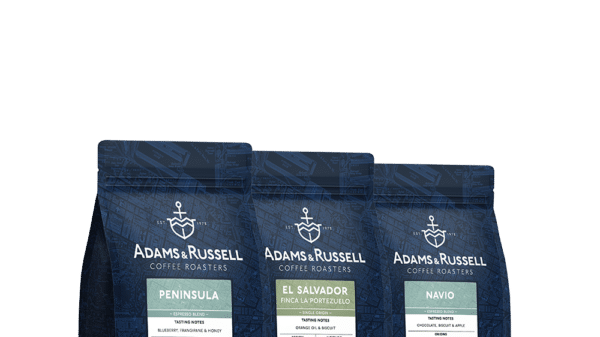We live in a world that often celebrates simplicity. “Declutter your home, declutter your mind.” “Say no more often.” “Simplify to amplify.” These phrases echo throughout the wellness community, and for good reason. They offer a breath of fresh air by promoting clarity, reducing feelings of overwhelm, and creating much-needed emotional space to breathe and reflect.
However, amidst this pursuit of simplicity lies a subtle trap: the misleading notion that anything labeled “simple” is automatically “better.”
When faced with significant life choices—like buying a home, switching careers, or starting anew—simplification can sometimes disguise the real complexity of these decisions, rather than eliminate it. What might seem like a stress-free option can also lead to unexpected emotional or financial pressures. As we see in both UK and international discussions, the real challenge isn’t merely to simplify; it’s to simplify wisely.
The Pursuit Of Ease: Decision Fatigue And The Modern Wellness Ideal
The allure of simpler choices is understandable. Decision fatigue is a real phenomenon; when we’re required to make numerous high-stakes choices, it can deplete our mental energy and clarity, impacting our overall wellbeing.
In a world overflowing with options, streamlined choices can feel like a lifesaver—less to think about, fewer steps to juggle, fewer uncertainties. We hear advice to automate our bills, outsource our stress, and cut down on complexity wherever possible.
This mindset is beneficial in some areas, but when it comes to high-impact decisions, it can get murky. The so-called “simpler” path might come with unforeseen trade-offs.
Real Estate Risks: When Simplicity Becomes Oversimplification
Consider the housing market, a major point of stress for many. Selling a home can be an emotional and financial rollercoaster, especially when unexpected fees emerge or market interest wanes. Naturally, models that promise to cut through this chaos—like those with lower commissions or flat-rate fees—draw attention.
However, not every pared-down service provides the comprehensive picture needed for sound decision-making.
For example, the One Percent Realty model, as analyzed by PropertyMesh, introduces a significant risk. By offering ultra-low commission rates, it inadvertently diminishes buyer-agent incentives, which can lead to fewer showings and significantly less interest in a seller’s home. What appears straightforward at first glance can end up undermining a property’s visibility—and, in turn, a seller’s peace of mind.
Financial Wellness In The UK: Lessons For Homeowners And Decision-Makers
While there are key differences between Canada’s and the UK’s real estate systems, the overarching principle remains: oversimplifying services by focusing solely on costs or speed can compromise the essential support structures we often need.
In the UK, resources like MoneyHelper provide comprehensive information on various financial products, allowing consumers to understand the nuances between fixed-rate mortgages and low-fee options. This aligns perfectly with the wellness principle of “informed simplicity”—the kind derived from understanding rather than avoidance.
This issue isn’t confined to real estate; it seeps into everything from fitness apps to financial advisory services to health care. A “simple” plan that hides layers of complexity can add more cognitive and emotional burden over time.
Mental Clarity And True Simplification: A Process, Not A Shortcut
True simplification—one that genuinely supports our mental wellbeing—doesn’t mean stripping away all complexities. Instead, it involves approaching decisions with the right tools, self-awareness, and transparency.
This mirrors themes explored in The Art of Healthy Living, which reflects on how to navigate life’s ups and downs and mentally declutter during transitions. Whether we’re selling a house or adjusting to family shifts, the aim remains the same: to simplify with clarity, not through denial.
Embracing Clarity Over Convenience: Making Mindful Life Decisions
Simplicity is indeed a worthwhile goal, but not when it conceals potential consequences. The takeaway from both Canadian real estate reforms and UK wellness practices is straightforward: slow down, ask the right questions, and assess trade-offs carefully. Investing a bit more time at the start can save you a world of stress—financially, mentally, and emotionally—further down the line.
When we embrace simplicity as a practice, rather than a shortcut, we cultivate resilience that endures well beyond the immediate moment.
Image Source: RerF_Studio / Shutterstock
































